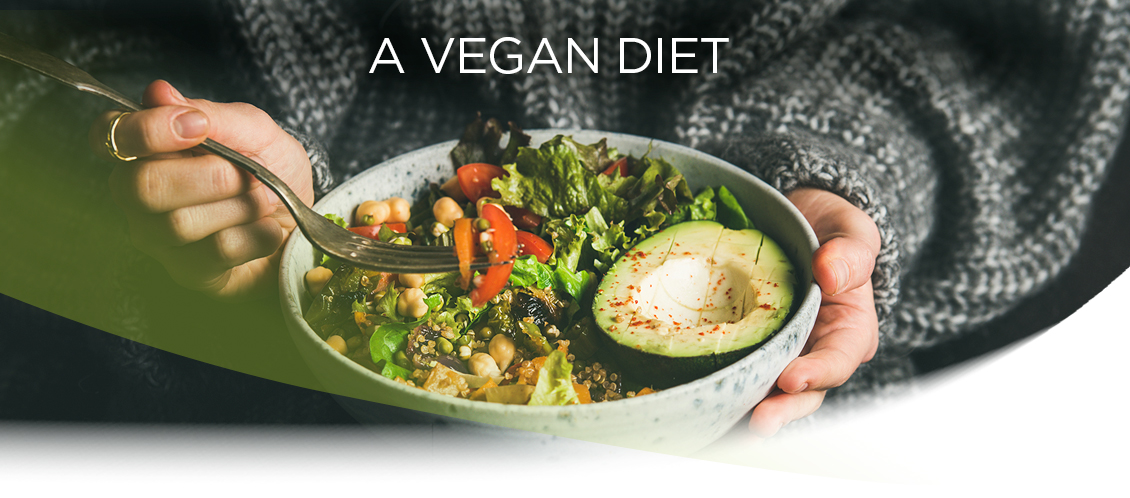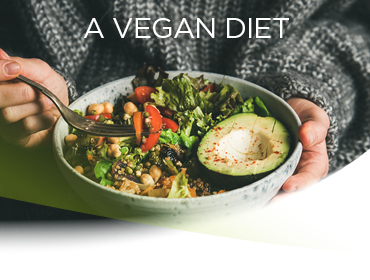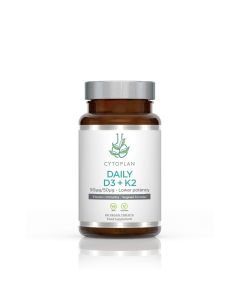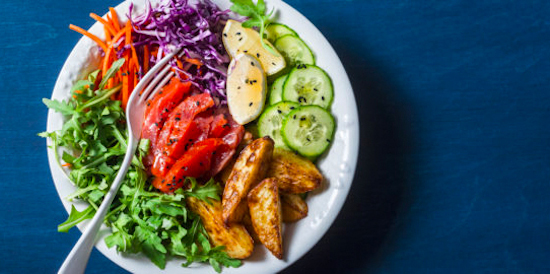Breathe easy, thrive better 🌼 | Shop allergy support
FREE DELIVERY FOR ORDERS £25 AND OVER
FREE vitamin D3 when you spend £50 or more!
 Order by midday 20th December for Christmas delivery
Order by midday 20th December for Christmas delivery 
 Xmas last orders 12pm Dec 20
Xmas last orders 12pm Dec 20



The number of people choosing to follow a vegan diet and lifestyle has increased significantly in recent years, and for a variety of reasons; from the ethical implications of using animal products, wanting to eat more healthily or to reduce environmental impact.
Having made the decision to follow a very natural diet of healthy vegetables, fruits, nuts, seeds and wholegrains, vegans frequently eat foods wonderfully rich in a whole host of invaluable nutrients such as carotenoids and flavanoids, fibre, folate, magnesium, potassium and vitamins C and E. It should be noted, however, that there are some nutrients typically lower in a vegan diet, which is where selected supplements can help.
FAQ
Our nutritional therapists have answered the most common questions we get asked. if you need further information, please contact our nutrition team via email nutrition@cytoplan.co.uk


Q: I eat well, but could there be vitamins and minerals I am missing?
A well-balanced and varied vegan diet has the potential to bring several health benefits and a reduced risk of diseases such as cardiovascular disease and type 2 diabetes, probably due to an increase in fruit and vegetable consumption and the high levels of antioxidants and fibre found in plant foods. That being said, planning is the key to ensure adequate intake of certain nutrients such as vitamins A, B12 and D3, iodine, iron, zinc and calcium. A comprehensive multivitamin and mineral supplement, alongside a wide variety of different plant foods could help to address any potential nutritional shortfalls.
Q: What’s the best sources of vegan protein?
While protein sources are plentiful in vegan diets – from legumes, grains, nuts and seeds, it does need to be considered that plant proteins are of lower quality than from animal sources as they don’t contain the full spectrum of amino acids. If a diet is inadequate in any essential amino acid, protein synthesis can be limited, and therefore it is important to carefully plan a vegan diet to ensure a wide variety of plant proteins, providing an array of amino acids. A vegan protein powder blend can also be a helpful supplement to provide the full complement of amino acids.
Q: What’s the best vegan source for omega 3?
The Omega-3 fatty acids EPA and DHA, found most commonly in oily fish, are needed to maintain health, particularly for their role in cognitive and cardiovascular health and their anti-inflammatory properties. Whilst flaxseeds are a good source of the parent Omega 3 – Alpha Linolenic Acid (ALA) – this then needs to be converted by the body into EPA and DHA; a conversion that isn’t always efficient. A vegan omega 3 supplement, derived from algae oil can be an effective way to provide EPA and DHA for those following a vegan diet.
Do you need more support?




